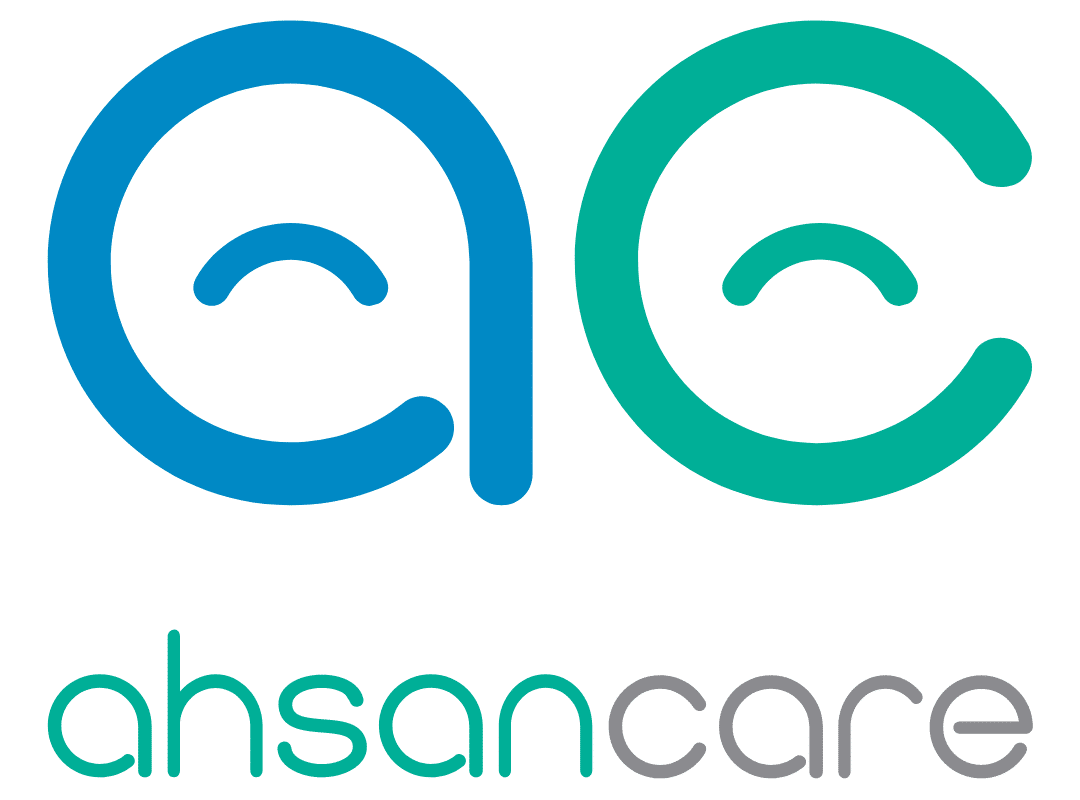The National Disability Insurance Scheme (NDIS) is a crucial service supporting Australians with disabilities. NDIS transport support is vital to improving participants’ lives. Getting to appointments, social activities, or employment can be a struggle for individuals with mobility challenges. Transport assistance through the NDIS helps participants overcome mobility challenges, promoting greater independence and a more fulfilling lifestyle. This article explores the various ways this support benefits participants.
Why is NDIS transport support important for participants?
For many people with disabilities, mobility is a significant barrier to independence. Accessing essential services, attending social events, or getting to work can be difficult without reliable transport. NDIS transport support helps participants manage their travel needs, offering benefits like:
- Improved mobility: Ensures participants can attend medical appointments, therapy sessions, and community events.
- Increased independence: Allows individuals to travel independently, reducing reliance on others.
- Better access to employment: Helps participants get to work, increasing their employment opportunities.
- Enhanced social participation: Facilitates access to social activities, contributing to mental and emotional well-being.
- Promotes well-being: Regular access to community activities and services positively impacts participants’ health.
By providing transport support, the NDIS enhances participants’ quality of life and enables greater independence.
When can participants use NDIS transport support?
NDIS transport support assists participants in accessing essential services and activities, promoting independence and community engagement. This support is available for various necessary travel needs, making it easier to attend appointments.
Purpose | Example Activities |
Medical Appointments | Visits to doctors, specialists, or therapists |
Employment | Getting to and from work |
Social Engagement | Attending events, meetings, or family visits |
Errands | Grocery shopping or essential errands |
Educational Programs | Attending classes or skill development sessions
|
NDIS transport support makes it easier for participants to stay engaged in their communities and maintain a healthy routine.
Can all NDIS participants access transport funding?
Not all participants automatically qualify for transport funding. Eligibility depends on the participant’s disability, specific needs, and the goals outlined in their NDIS plan. Here are some factors that affect eligibility:
- Functional capacity: Participants with mobility difficulties or who cannot use public transport without significant assistance may be eligible for funding.
- Need for regular travel: Participants who need frequent travel for medical or social reasons may be more likely to receive funding.
- Other supports available: If participants have access to other transport options, they may not be eligible for NDIS funding.
Participants must assess their needs as part of the NDIS planning process to determine if they qualify for transport support, including the types of expenses covered by NDIS transport. The goal is to ensure the support aligns with the individual’s requirements.
Is transport support the same for every participant?
Transport support is not the same for everyone. The type of transport support provided varies depending on the participant’s needs. Here’s how transport support may differ:
- Private transport: Some participants may require private transport, such as taxis or rideshare services, and the NDIS may provide funding for these options.
- Public transport: For those who can use public transport independently, transport fares may be covered by the NDIS.
- Wheelchair-accessible vehicles: Participants with mobility impairments may require specialised transport, such as wheelchair-accessible taxis or vehicles.
- Long-distance travel: In some cases, participants may need funding for long-distance travel to medical appointments or family visits.
Transport support is designed to be flexible, offering the most suitable options based on the participant’s needs, including those requiring assistance with mobility for disabled Australians to ensure they can access essential services and activities.
Who qualifies for NDIS transport funding?
Eligibility for transport funding depends on several factors, including the participant’s disability, needs, and the frequency of travel. Participants who meet the following criteria may qualify for transport support:
- Disability-related needs: Individuals with significant or permanent disabilities that affect their ability to travel independently may qualify for funding.
- Regular travel needs: Participants who need to travel often for medical, employment, or social purposes are more likely to qualify.
- Lack of other transport options: If participants do not have access to family, friends, or carers who can assist with transport, they may be eligible for NDIS funding.
It is important to note that transport funding is intended to support essential travel and not for recreational activities.
Which transport options are available through providers?
Various transport options are available through NDIS service providers, and the most suitable option depends on the participant’s specific needs. Common transport options include:
- Taxis and rideshare services: If participants require private transport, funding can cover the cost of taxis or services like Uber.
- Public transport: For those who can use public transport independently, the NDIS may subsidise transport fares.
- Community transport services: Some providers offer community transport to help participants access essential services or attend social activities.
It’s important to choose reliable expert NDIS transport providers who can ensure safe and efficient transportation tailored to your needs. These providers can help ensure that participants are matched with the right transport services, allowing them to navigate their travel requirements confidently.
Conclusion
NDIS transport support is a vital service that helps participants overcome mobility challenges and improve their independence. With various transport options tailored to each participant’s needs, NDIS transport support enables individuals to access essential services, employment, and social activities. The goal is to ensure that participants can live full and independent lives, engage with their communities, and maintain a high quality of life.
Looking for reliable support with your NDIS needs? See how Ahsan Care Provider can help you navigate the process with tailored services.



